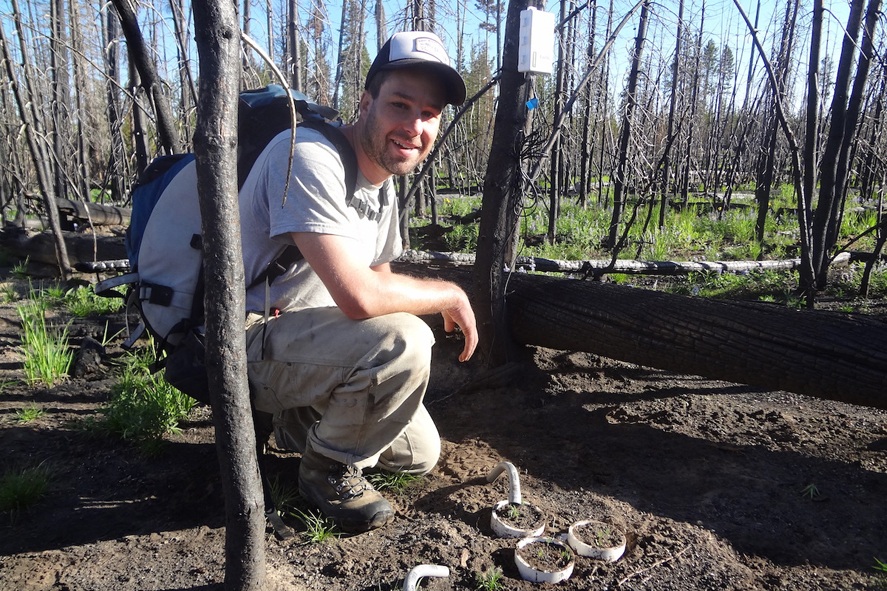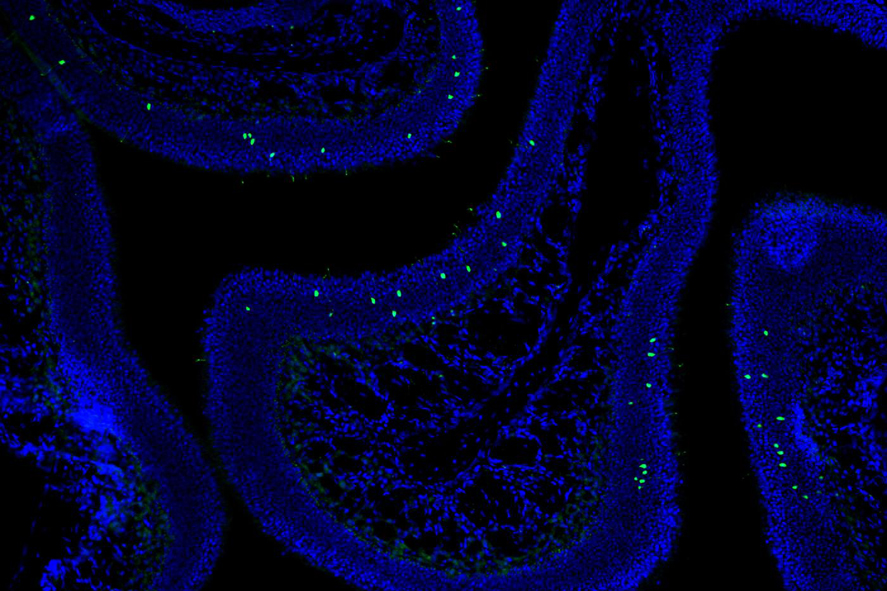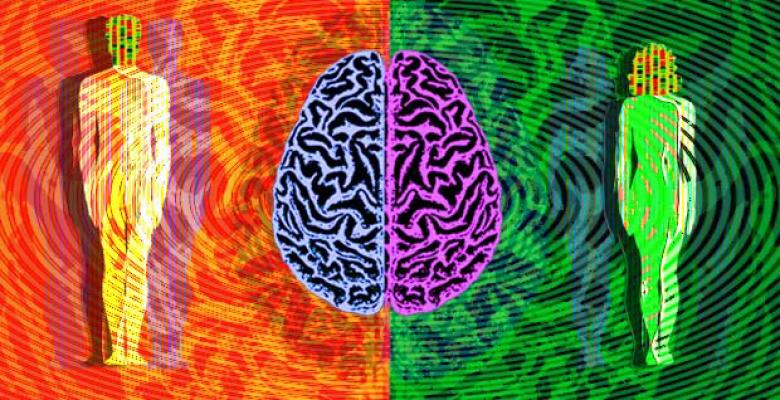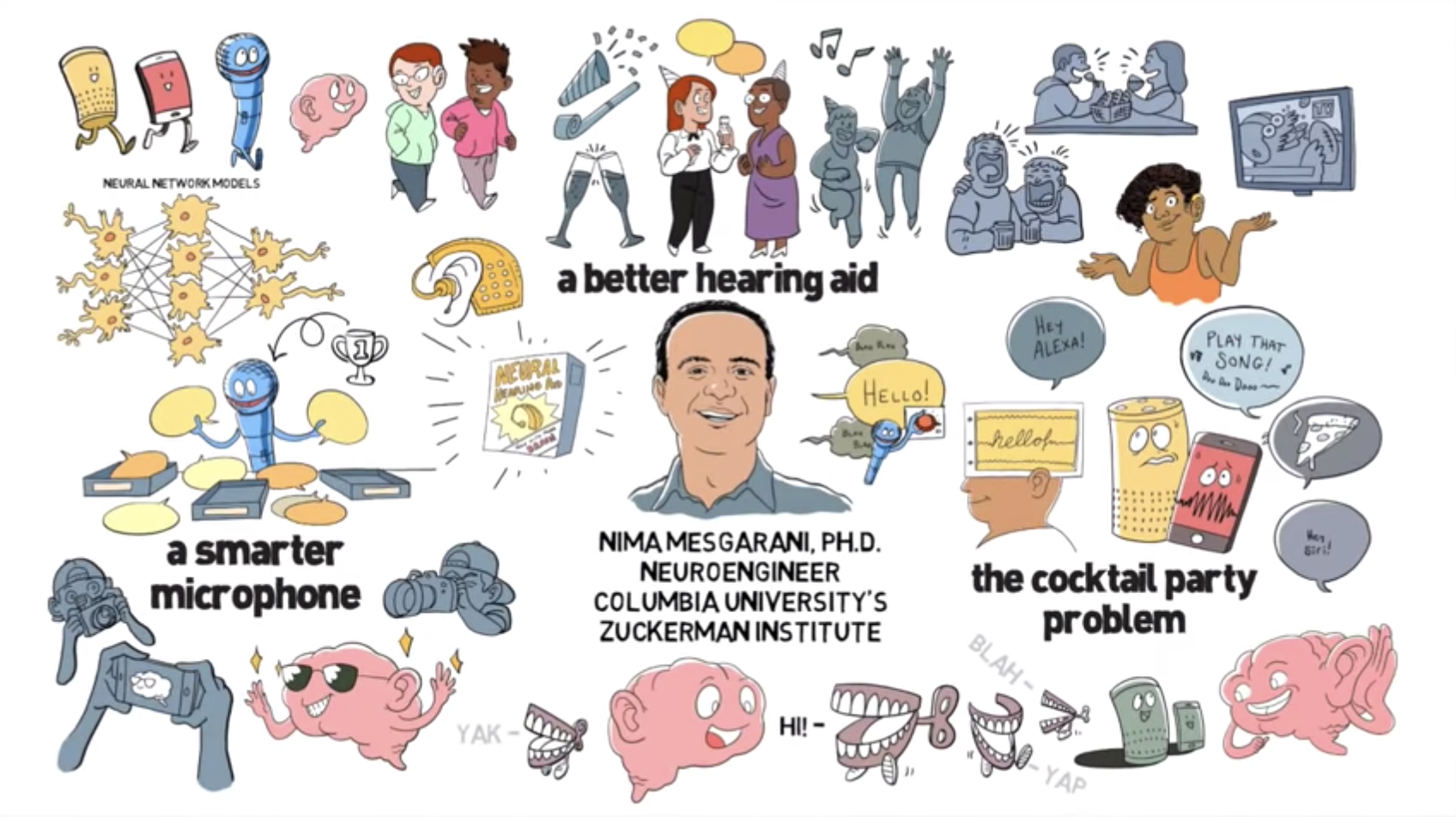January 17, 2019
Climate-Driven Fires Could Turn Yellowstone Forests to Grassland By Midcentury
A new study shows that some of Yellowstone National Park’s forests may now be at a climate tipping point, and could be replaced by grassland by the middle of this century.
January 16, 2019
Novel Materials Convert Visible Light into Infrared Light, Opening Up New Routes for Photodynamic Therapy and Drug Development
The new process converts infrared energy into visible light, allowing innocuous radiation to penetrate living tissue and other materials without the damage caused by high-intensity light exposure.
January 15, 2019
Heating Buildings Leaves a Huge Carbon Footprint, But There’s a Fix For It
Vijay Modi, a professor in the Department of Mechanical Engineering at Columbia University and an Earth Institute faculty member, and his research group are studying how to decarbonize heating.
January 9, 2019
Genes on the Move Help Nose Make Sense of Scents
Armed with advanced genomic tools, Columbia scientists have uncovered an ingenious mechanism that underlies the brain’s ability to distinguish different smells.
January 8, 2019
Scientists Work to Build Climate Change Resilience in Caribbean Coral Reef
A team from Columbia’s Earth Institute, led by senior research scientist Cynthia Rosenzweig, is helping to research and design adaptation strategies to help save the world’s second largest barrier reef.
January 1, 2019
Columbia University Researchers Identify Genes in Worms that Drive Sex Differences in Brain Development, Timing of Puberty
The scientists identified a group of genes in roundworms that control the onset of puberty and induce sex differences in neural structures, raising questions of whether differences in male and female behavior are hardwired in our brains.
December 30, 2018
A New Party Trick: A Hearing Aid That Reads Minds
When you're at a loud party, how does your brain pick out the voice of a person nearby? Neuroengineer Nima Mesgarani studies how your brain does this with the goal of building a better hearing aid that reads your mind.







